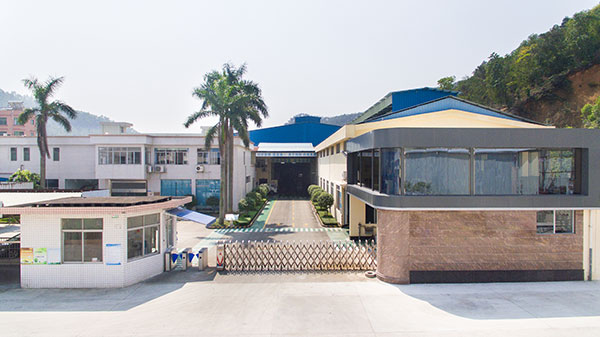Due to the discussions about the future of the combustion engine in general and the diesel engine in particular, many die casting foundries have to adjust to profound structural changes on the demand side. At present, satisfactory answers are not available for all the questions that arise in this conjunction. At the same time, there are strategic decisions to be taken with a long-term impact on the political arena, OEMs, consumers and also suppliers like die casting foundries. Although from a technical perspective, e-mobility is still a long way from being a mature technology, the first results of this development are visible: the electric postal delivery van, a StreetScooter, or the Bosch e-axle including drive unit on the wheels of the vehicle. As electric cars penetrate the market there is also likely to be an increase in the demand for lightweight castings. In this context, die casting offers ideal opportunities and can exploit its capabilities in a lot of applications, whether for optimized components for the control of traditional engines or for structural parts and components for electric drive systems.
All in all, therefore, there will still be a need for die-cast parts, even with a change in drive technology.


